Section B
Directions:In this section, you will hear two long converSATions. At the
end of each converSATion, you will hear four questions. Both the converSATion
and the questions will be spoken only once. After you hear a question, you must
choose the best answer from the four choices marked A), B), C), and D). Then
mark the corresponding letter on Answer Sheet 1with a single line through the
centre.
Questions 8 to 11 are based on the converSATion you have just heard.
8. A) Her ‘lucky birthday’. C) Her wedding anniversary.
B) A call from her dad. D) A special gift from the man.
9. A) Gave her a big model plane. C) Took her on a trip overseas.
B) Bought her a good necklace. D) Threw her a surprise party.
10. A) The gift her husband has bought.
B) The trip her husband has planned.
C) What has been troubling her husband.
D) What her husband and the man are up to.
11. A) He will be glad to be a guide for the couple’s holiday trip.
B) He will tell the women the secret if her husband aGREes.
C) He is eager to learn how the couple’s holiday turns out.
D) He wants to find out about the couple’s holiday plan.
ConverSATion 1
8. 【答案】A. Her “lucky birthday”
【问题】What is the woman looking forward to?
【原文+解析】A golden or lucky birthday is when one turns the age of their birth
date.一个黄金或幸运的生日是当一个人到达出生日期的年龄。
9. 【答案】D. Threw her a surprise party.
【问题】What did the woman’s parents do on her sister’s lucky birthday?
【原文+解析】 My parents did throw her a surprise party that
year.那年我父母给她举办了一个惊喜派对。
10. 【答案】B. The trip her husband has planned.
【问题】What is the woman eager to find out about?
【原文+解析】I’m dying to know what kind of trip he has planned or way we are
going.我很想知道他计划了什么样的旅行,或者我们打算去哪。
11. 【答案】C. He is eager to learn how the couple’s holiday turns out.
【问题】What does the man say at the end of the converSATion?
【原文+解析】 I can’t wait to hear all about it when you get
back.我等不及要听到你回来的消息了。
原文:
M: I bet you're looking forward to the end of this month. Are you?
W: Yes, I am. How did you know?
M: David told me you had a special birthday coming up.
W: Oh…yeah that's right. This year will be my golden birthday.
M: What does that mean? I've never heard of a golden birthday.
W: I've ACTually just learnt this concept myself. Fortunately, just in time
to celebrate. A golden or lucky birthday is when one turns the age of their
birth date. So, for example, my sister's birthday is December 9th and her golden
birthday would have been the year she turned nine years old. Come to think of
it, my parents did throw her a surprise party that year.
M: Interesting. Too bad I missed mine. My golden birthday would've been
four years ago. I assume you got big plans then.
W: ACTually yes. My husband is planning a surprise holiday for the two of
us next week. I have no idea what he's got in mind, but I'm excited to find out.
Has he mentioned anything to you?
M: He might have.
W: Anything you'd like to share? I'm dying to know what kind of trip he has
planned on where we're going.
M: You know nothing at all?
W: Not a clue. Hard to imagine, isn’t it? Though I must say I think he's
been having even more fun keeping the secret from me in the past few weeks.
M: I'm sure both of you will have a fantastic time. Happy golden birthday!
I can't wait to hear all about it when you get back.
Questions 12 to 15 are based on the converSATion you have just heard.
12. A) They are sensitive to the dynamics of a negotiation.
B) They see the importance of making compromises.
C) They know when to adopt a tough attitude.
D) They take the rival’s attitude into account.
13. A) They know how to adapt. C) They know when to make compromises.
B) They know when to stop. D) They know how to control their emotion.
14. A) They are patient. C) They learn quickly.
B) They are good at expression. D) They uphold their principles.
15. A) Make clear one's intentions. C) Formulate one's strategy.
B) Clarify items of negotiation. D) Get to know the other side.
12. 【答案】A. They are sensitive to the dynamics of a negotiation.
【问题】What does the man say about good negotiators?
【原文+解析】 They are sensitive to the dynamics of a
negotiation.他们对谈判的动态很敏感。
13. 【答案】B. They know when to stop.
【问题】What does the man say maybe the most important thing to a successful
negotiator?
【原文+解析】 And perhaps most importantly, they know when to
stop.也许最重要的是,他们知道什么时候该停下来。
14. 【答案】C. They learn quickly.
【问题】How is a good negotiator different from a poor one?
【原文+解析】Good negotiators learn fast.好的谈判者学得快。
15. 【答案】D. Get to know the other side.
【问题】What is the first stage of a negotiation according to a man?
【原文+解析】There are about six stages of a negotiation: get to know the other
side谈判大致有六个阶段:了解对方。
原文:
W: Mr. GREen, what do you think makes a successful negotiator?
M: Well, that’s hard to define. But I think successful negotiators have
several things in common. They are always polite and rational people. They are
firm but flexible. They can recognize power and know how to use it. They are
sensitive to the dynamics of the negotiation. The way of rises and falls and how
it may change direction. They project the image of confidence, and perhaps most
importantly, they know when to stop.
W: And, what about an unsuccessful negotiator?
M: Well, this is probably all of us when we start out. We are probably
immature and over-trusting. Too emotional or agGREssive. We are unsure of
ourselves and we want to be liked by everyone. Good negotiators learn fast. Poor
negotiators remain like that and go on losing negotiations.
W: In your opinion, can the skills of negotiation be taught?
M: Well, you can teach someone how to prepare for a negotiation. There are
perhaps six stages in every negotiation. Get to know the other side. State your
goals. Start the process. Clarify areas of disaGREement or conflict. Reassess
your position. Making acceptable compromises. And finally, reach some aGREement
in principle. These stages can be studied. And strategies to be used in each can
be planned beforehand. But I think, the really successful negotiator is probably
born with six sense about responding appropriately to the situation at hand.
W: The artistic sense you’ve just described?
M: Yes. That’s right.
Section C
Directions: In this section, you will hear three passages. At the end of
each passage, you will
hear three or four questions. Both the passage and the questions will be
spoken only
once. After you hear a question, you must choose the best answer from the
four
choices marked A), B), C), D). Then mark the corresponding letter on
Answer
Sheet 1 with a single line through the centre.
Questions 16 to 18 are based on the passage you have just heard.
16. A) When America's earliest space program started.
B) When the International Space Station was built.
C) How many space shuttle missions there will be.
D) How space research benefits people on Earth.
17. A) They accurately calculated the speed of the orbiting shuttles.
B) They developed objects for astronauts to use in outer space.
C) They tried to meet astronauts' specific requirements.
D) They tried to make best use of the latest technology.
18. A) They are extremely accurate. C) They were first made in space.
B) They are expensive to make. D) They were invented in the 1970s.
Passage 1
16.【答案】D) How space research benefits people on Earth.
【问题】What do some people want to know about space exploration?
【原文+解析】Some people wonder why countries spend millions of dollars on space
projects. They want to know how space research helps people on Earth.
有些人想知道为什么国家在太空项目上花费了数百万美元。他们想知道太空研究是如何帮助地球上的人们的。该句为段首句,运用题文同序和视听一致确定答案为“D太空研究如何造福地球上的人们。”
17. 【答案】B) They developed objects for astronauts to use in outer space.
【问题】What did scientists do for the space shuttle missions?
【原文+解析】And in the space shuttle missions today, scientists developed
objects for the astronauts to use on the moon, and in space.
在今天的航天飞行任务中,科学家们开发了宇航员在月球和太空中使用的物体。该句与答案“B他们开发了宇航员在外层空间使用的物体。”一致,所以答案选B。
18. 【答案】A) They are extremely accurate.
【问题】what does the speaker say about quartz crystal clocks and watches?
【原文+解析】For example, we have quartz crystal clocks and watches accurate to
within one minute a year. 例如,我们有石英晶体钟和手表可以精确到在一年中只有一分钟之内的误差。
原文:
Some people wonder why countries spend millions of dollars on space
projects. They want to know how space research helps people on Earth. ACTually
space technology helps people on Earth every day. This is called "spin-off
technology."
Spin-off technology is space technology that is now used on Earth.
In early space programs, such as the Apollo missions of the 1960s and
1970s, and in the Space Shuttle missions today, scientists developed objects for
the astronauts to use on the moon and in space. We now use some of these objects
every day.
For example, we have Quartz crystal clocks and watches accurate to within
one minute a year.We purify the water we drink with a water filter designed for
the astronauts' use in space.
The cordless, hand-held tools we use in our homes, such as vacuum cleaners,
flashlights, drills and saws came from the technology of these early space
programs.
On cold winter days we can stay warm with battery-operated gloves and
socks, and specially made coats and jackets. All of these clothes are similar to
the spacesuit designs that kept astronauts comfortable in the temperatures of
the moon, and are spin-offs from space technology.
These products are only a few examples of the many ways space technology
helps us in our everyday lives. No one knows how new spin-off technology from
the International Space Station will help us in the future.
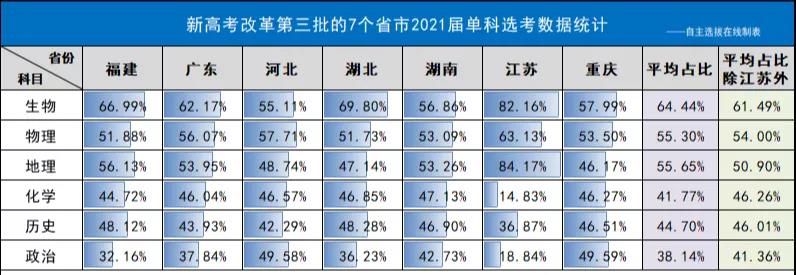
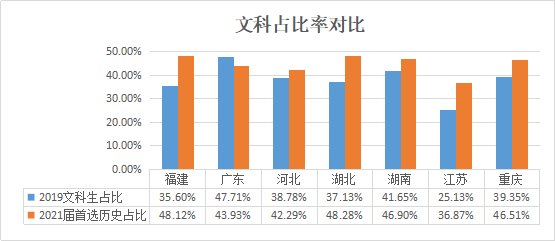
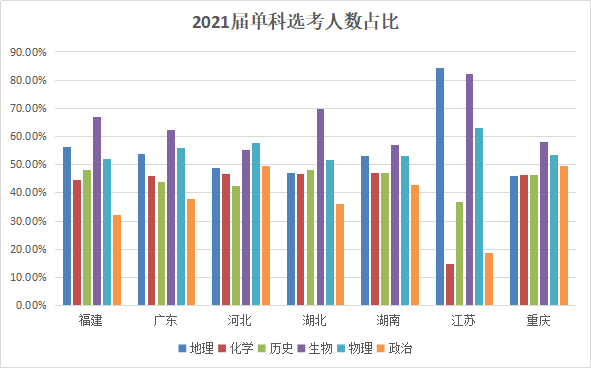









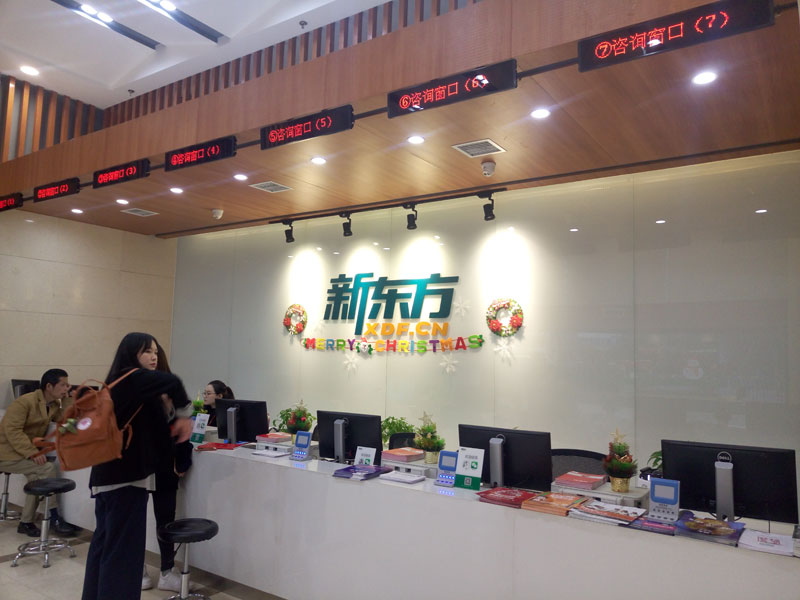
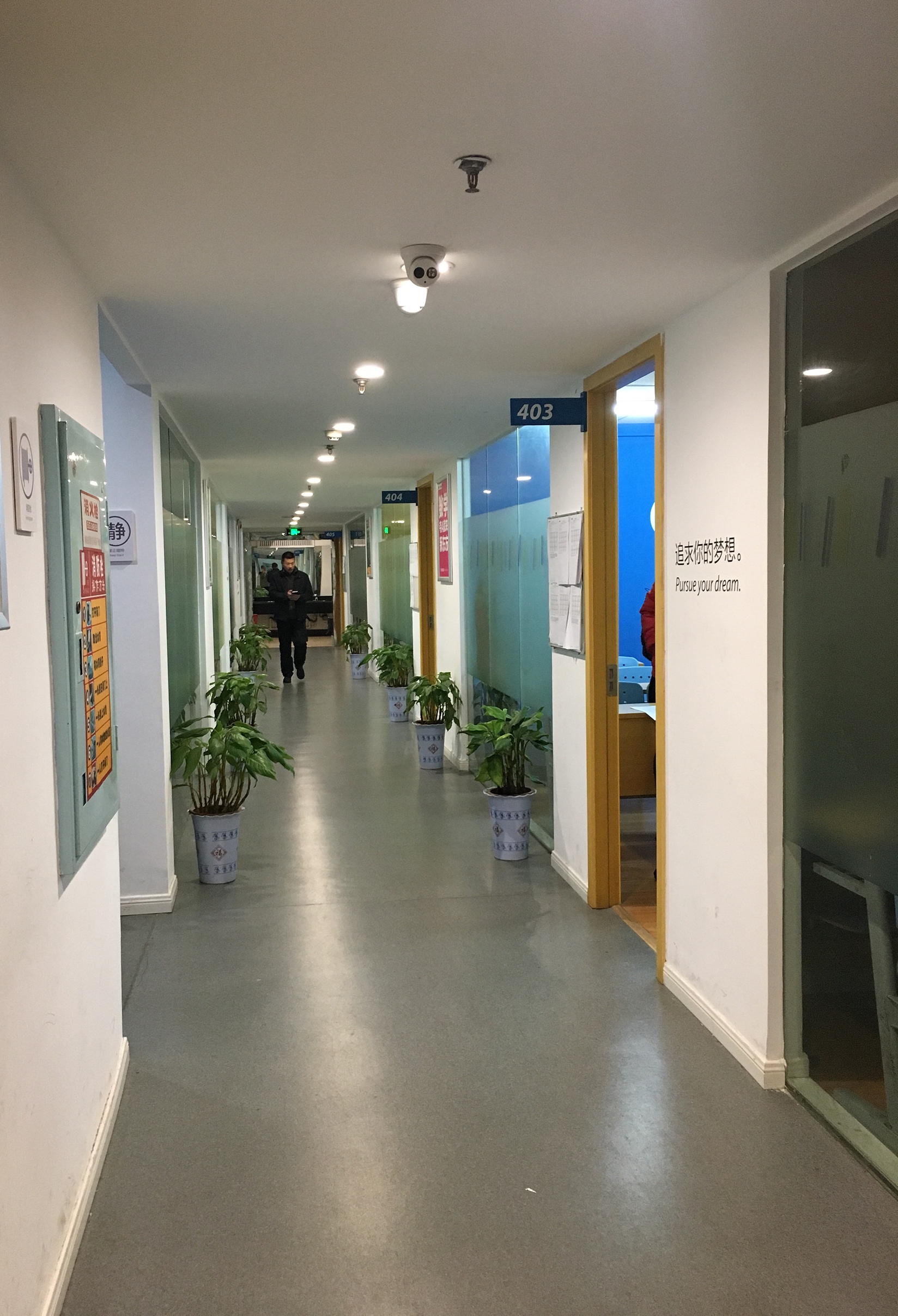
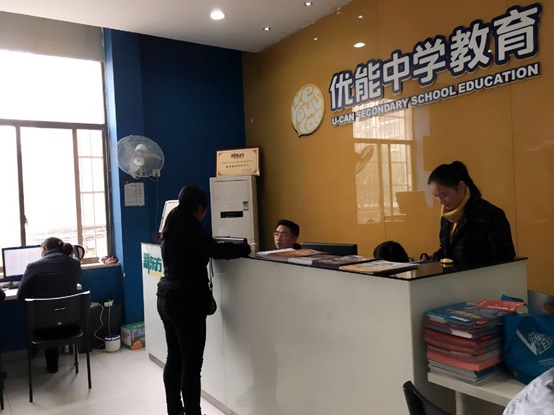
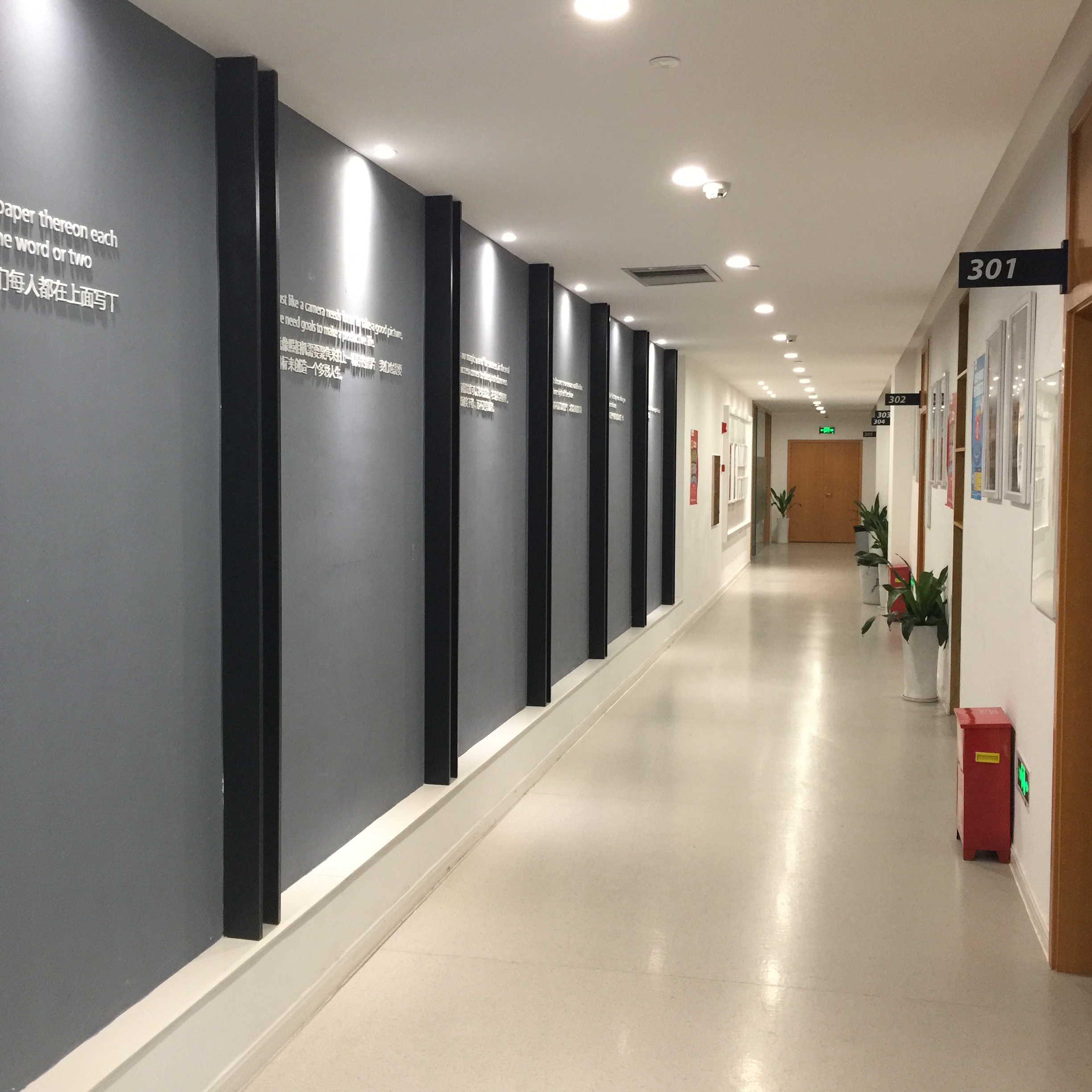





 京公网安备11010802021790号
京公网安备11010802021790号


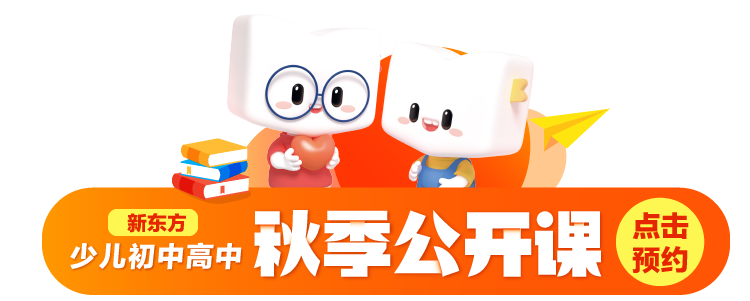
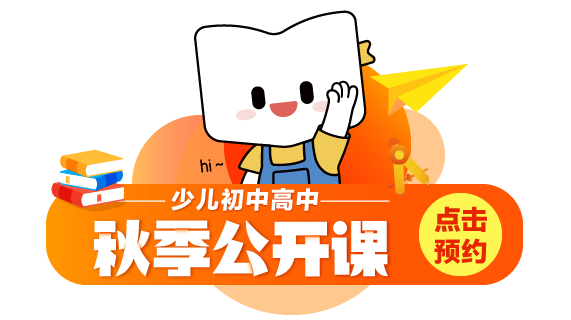





 学习资料
学习资料
